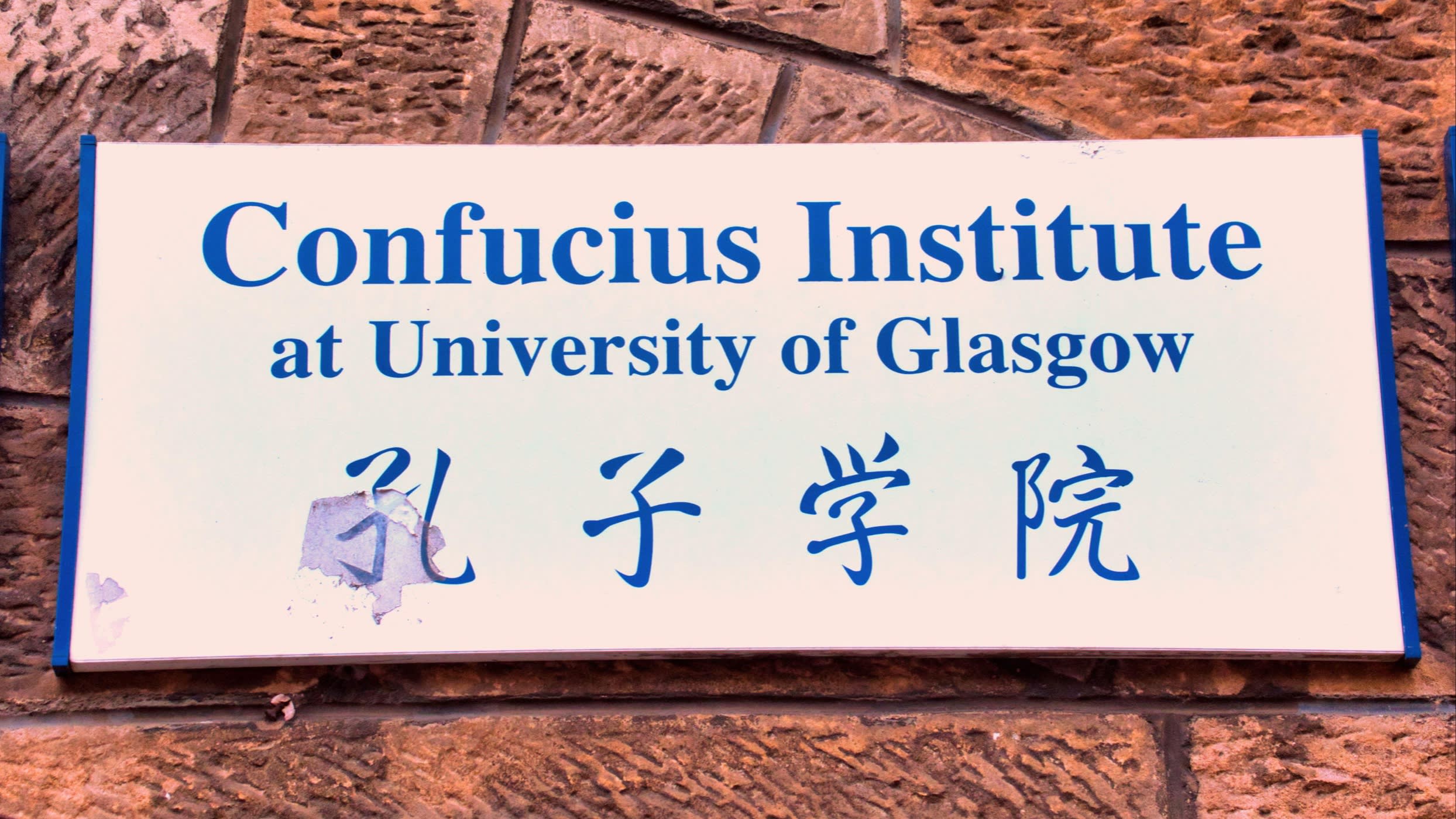
Rishi Sunak has backtracked on his promise to ban Confucius Institutes from operating in Britain, in the latest sign of the UK prime minister trying to improve relations with Beijing.
His retreat was criticised by former prime minister Liz Truss who gave a speech in Taiwan on Wednesday in which she urged Sunak to clearly designate China as “a threat”.
However, Sunak is trying to improve economic relations with China, and Downing Street admitted that it would be “disproportionate” to close down Beijing’s cultural and language outposts in Britain.
British officials are aware that any move against Confucius Institutes would almost certainly provoke reprisals by Beijing, including against the British Council, a public body that provides cultural services around the world.
Sunak claimed last year, during his first campaign to become Tory leader, that China was “infiltrating” British universities and that he would ban Confucius Institutes if he became prime minister.
The institutes are Chinese organisations that operate around the world and offer Mandarin language courses in universities and schools as well as running cultural events. In the UK there are 30 Confucius Institutes operating at universities including Manchester, Sheffield and Southampton. Some Confucius Institutes are also involved in providing Mandarin lessons in schools, in a programme funded by the Department for Education.
Truss, speaking at the Prospect Foundation in Taiwan, drew attention to Sunak’s hawkish language in last summer’s Tory leadership contest — which she won — and said he should follow through on his promises.
“Confucius Institutes in the UK should be closed down immediately. Instead the service could be provided by organisations with the support of Hong Kong nationals and Taiwanese nationals who’ve come to the UK freely.”
But Downing Street said: “We are taking action to remove all government funding from Confucius Institutes in the UK, but currently judge that it would be disproportionate to ban them.
“Like any international body operating in the UK, Confucius Institutes need to operate transparently and within the law, and with a full commitment to our values of openness and freedom of expression.
“We recognise concerns about overseas interference in our higher education sector, including through Confucius Institutes, and regularly assess the risks facing academia.”
Sunak is seeking to limit any security risk posed by China in Britain’s industrial supply chains, but at the same time is seeking to bolster economic ties in other areas.
This month Lord Dominic Johnson, trade minister, was dispatched by Sunak to Hong Kong — the first UK minister to visit the former British territory since 2018.
The Chinese embassy in London called Truss’s visit to Taiwan “a dangerous political stunt”, adding that it would do “nothing but harm to the UK”.
The UK has been relatively cautious in its clampdown on Confucius Institutes: according to the National Association of Scholars, a lobby group, there were 13 Confucius Institutes in the US in March, with 108 closed or in the process of closing, although some had rebranded.


